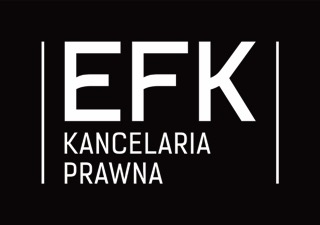Due to the prevailing coronavirus pandemic and the gradual resumption of court activities, polish government has been introduce new provisions to reconcile their functioning in accordance with the requirements of sanitary safety. For this purpose, the latest amendment to the Act of March 2, 2020 (Journal of Laws of 2020, item 374, as amended) on specific solutions related to the prevention and eradication of COVID-19, other infectious diseases and the situations caused by them crisis (so called The “anti-crisis shield”) introduced, among others, the following changes in civil proceedings.
I. Court sessions online – to the anti-crisis shield has been added art. 15zzs1 – 15zzs5. which are regulating the way of conducting hearings in civil proceedings. In accordance with art. 15 zzs1 of the anti-crisis shield, there was introduced some options so that parties would not have to appear in court for hearings and public sessions.
First, they will be carried out via telecommunications equipment. This means that the parties will be able to participate in the hearings through devices transmitting sound and image at a distance, e.g. by staying in the office of their attorney.
The second option, in the event that it will be impossible to conduct a hearing by means of communication indicated above, and personal appearance may endanger the lives and health of participants, the presiding judge has the option of changing the public mode to unpublic. The party has 7 days from delivery of the order to oppose the session in camera.
The above procedure in civil cases is to be the rule, and exceptions to it are exceptional in nature throughout the period of the threat of epidemic, the epidemic as well as one year after the termination of the last of them.
All these modes will apply unless the hearing can be conducted without excessive health risk to those who are involved. It is difficult to determine what is meant by excessive threat. It is possible that this will be interpreted in correlation with the ordinances of court presidents regarding sanitary requirements. For example, the ordinance of the President of the District Court in Poznań, which indicated that a maximum of 7 people may appear at the hearing, not counting the judges. It is possible that if the above standards cannot be met in a given case, it will be considered as an excessive threat to health and an online trial or the session in camera will be scheduled.
II. Evidence proceedings – much simplification came in the area of evidence. In accordance with art. 15zzs2 of the anti-crisis shield, if it was carried out in full, the court may close the hearing, collect the parties positions and issue a judgment in session in camera instead of publishing in public.
